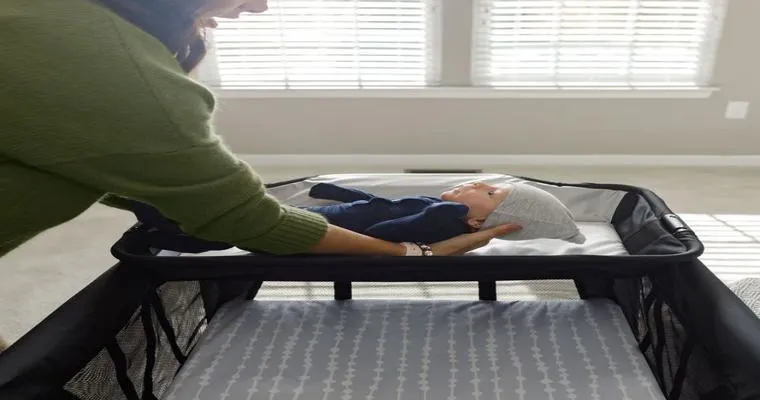Caring for a loved one with "dementia" can be incredibly challenging, especially when they experience "incontinence" throughout the day. This combination can lead to significant stress and emotional strain for caregivers. Many families begin to wonder if "home care" services could provide the necessary support for both hygiene and emotional well-being. In this article, we will explore how home care can assist in managing incontinence, improve quality of life, and provide peace of mind for families.
Dementia affects cognitive function, memory, and the ability to perform daily activities. As the disease progresses, individuals may struggle with recognizing the need to use the bathroom, leading to "incontinence" issues. This situation can be distressing for both the individual and their caregivers. Home care offers a solution by providing trained professionals who understand the complexities of dementia care.
One of the primary benefits of home care is the personalized support it offers. Caregivers can create a tailored plan that addresses the unique needs of your loved one. This may include regular bathroom reminders, assistance with personal hygiene, and compassionate support to manage the emotional aspects of incontinence. By having a dedicated caregiver, families can ensure that their loved ones maintain dignity and comfort throughout the day.
In addition to direct assistance with incontinence, home care services can also help with other daily activities that may become overwhelming. Tasks such as meal preparation, medication management, and companionship can significantly reduce the burden on family members. This holistic approach not only helps with physical care but also addresses the emotional and social needs of individuals with dementia.
Moreover, home care providers are trained to handle the logistics of incontinence care. They can guide families on the best products to use, such as adult diapers, pads, and skin care solutions to prevent irritation. By involving professionals, families can feel more confident in their ability to manage these challenges effectively.
It's important to consider the long-term benefits of home care. Consistent support can lead to improved mental health for both the person with dementia and their caregivers. Many families report feeling less stressed and more capable of handling the day-to-day challenges when they have professional help. This support can lead to a better quality of life for everyone involved.
In conclusion, if your mom is experiencing "dementia" with "incontinence" throughout the day, seeking "home care" services can be a beneficial step. Not only can caregivers provide essential clean-up assistance, but they can also offer emotional support and help maintain dignity. Home care can transform the caregiving experience into a more manageable and fulfilling journey, ensuring that your loved one receives the care they deserve in the comfort of their home.





